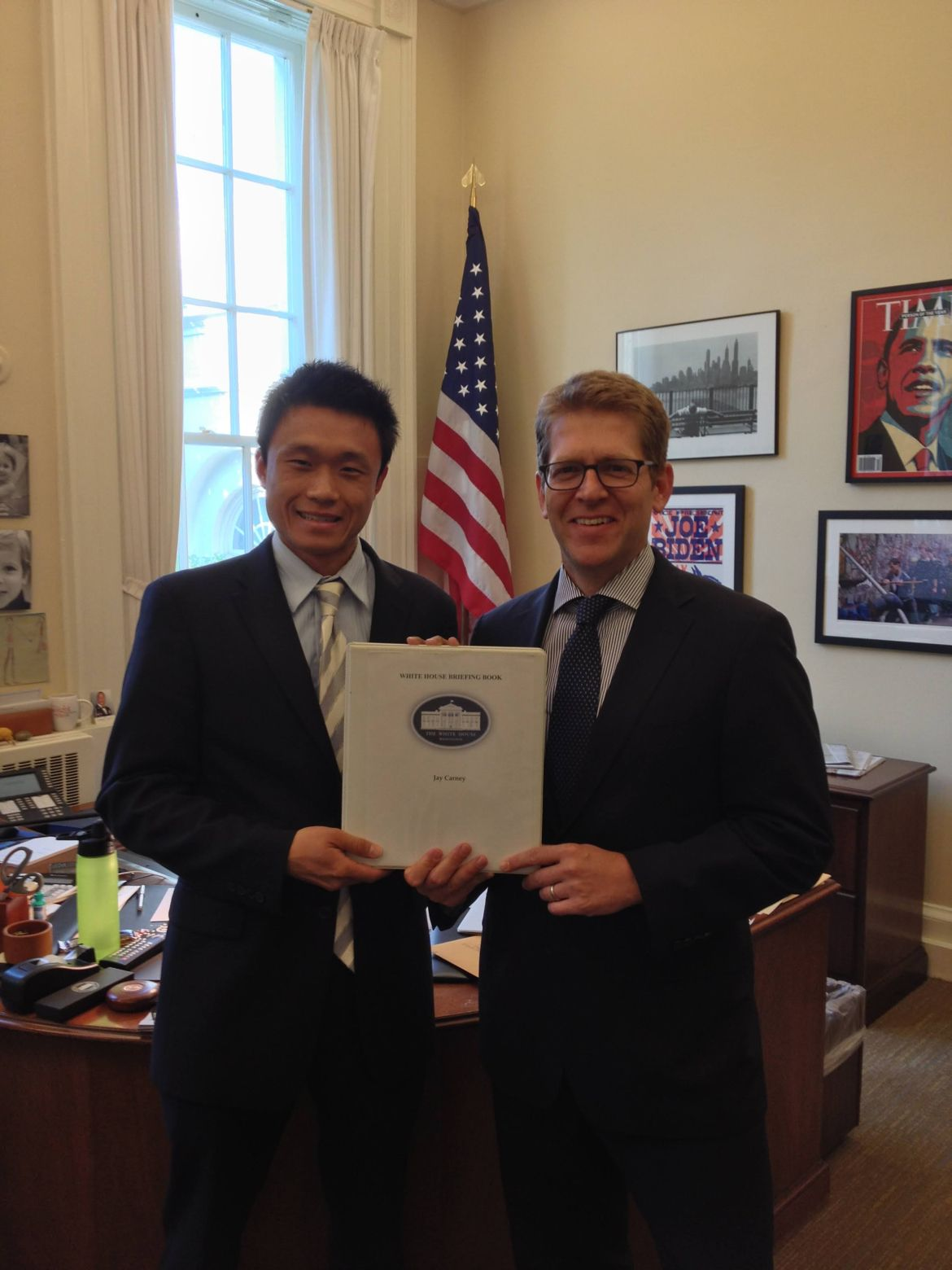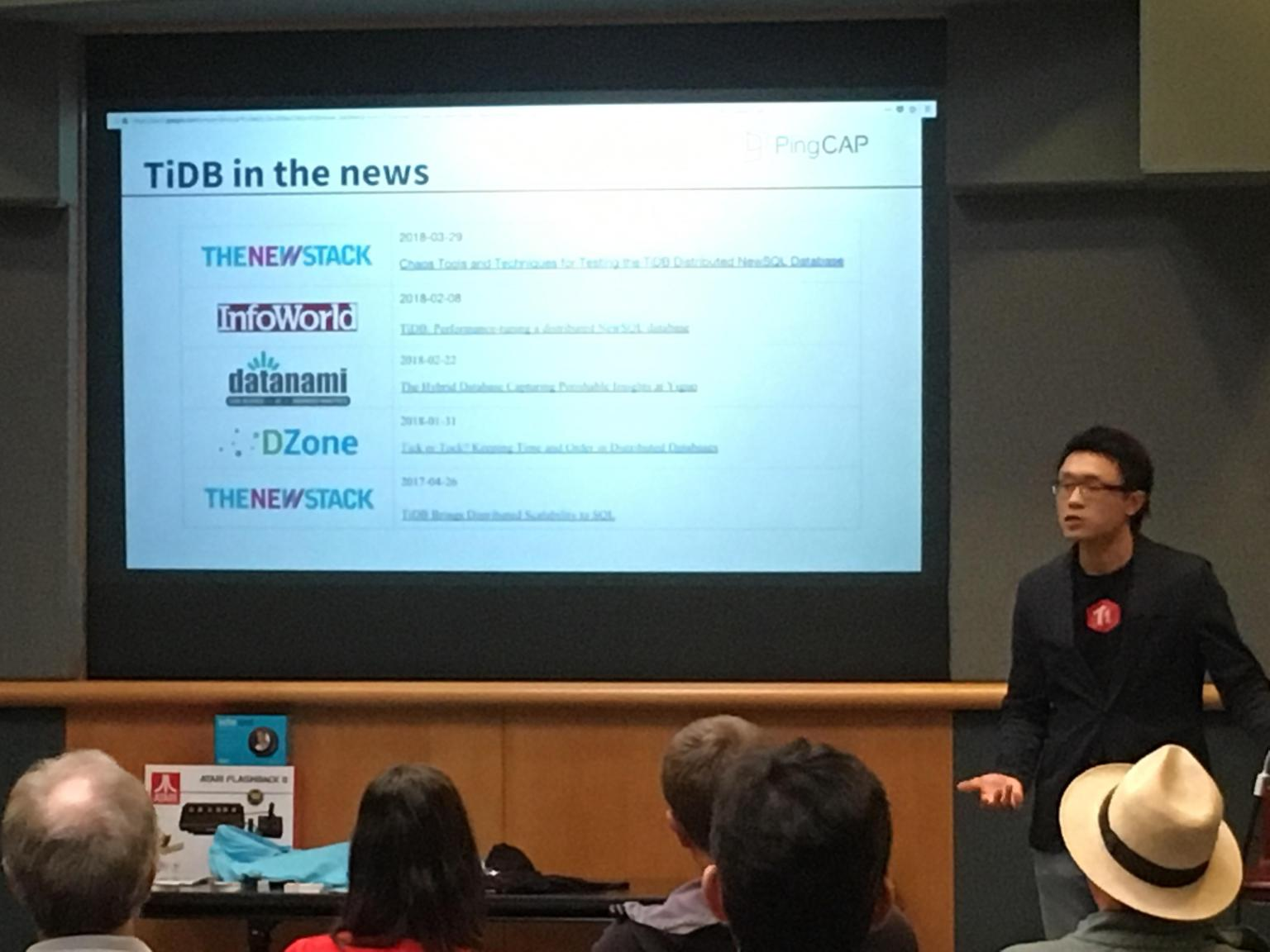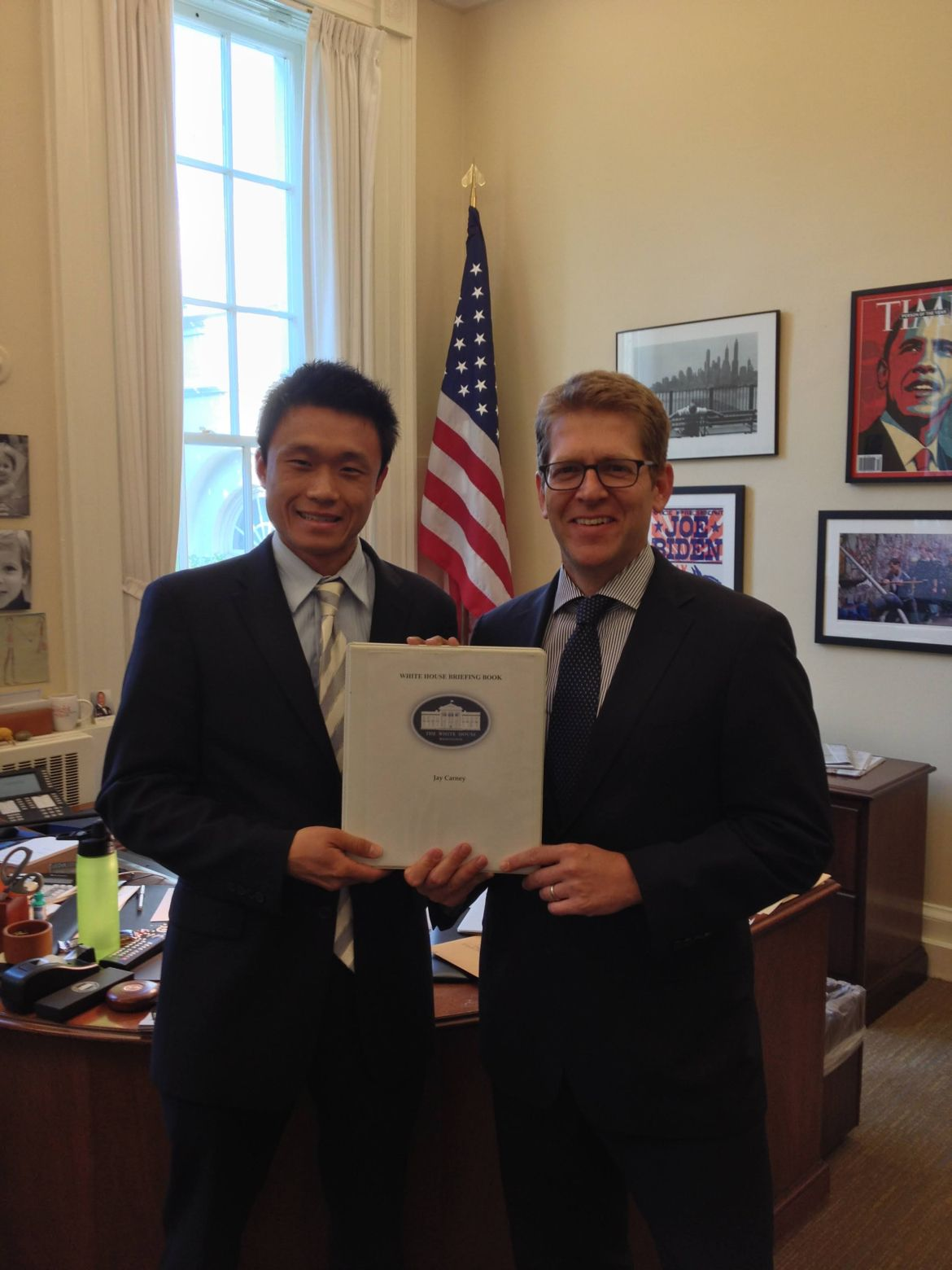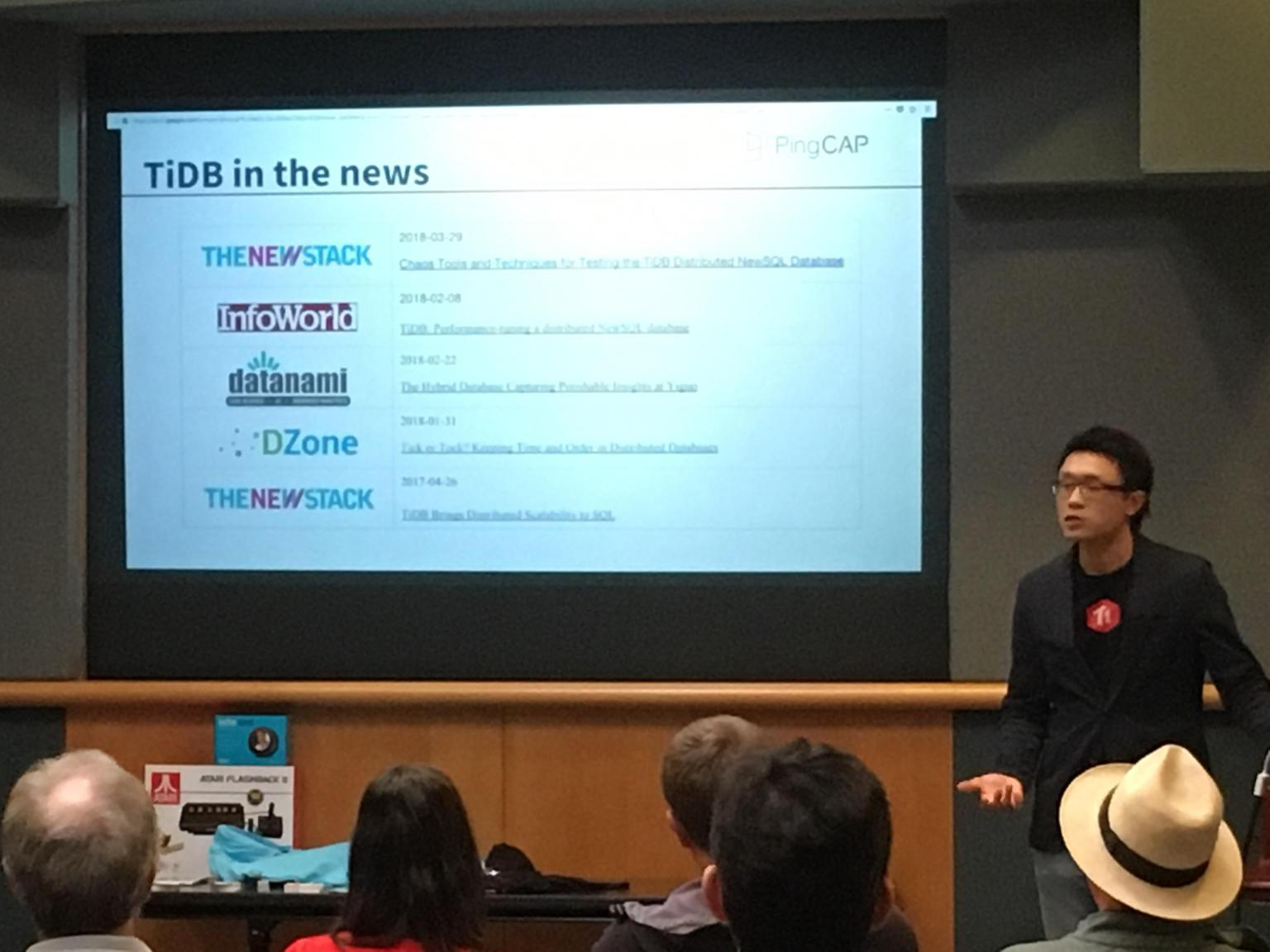Last week, I spent a few days in New York City catching up with old friends and making new friends with readers of my newsletter. It was exhilarating! (Thank you to everyone who made time to hang out with me IRL. To those who I didn’t get to meet due to scheduling issues, I’ll be back to NYC again soon!)
Even though newsletter readers are technically “new” friends, they felt like old friends to me, because we already have shared interests over my newsletter’s content. Meanwhile, I also realized that few people know why I write what I write, why I hold the views that I do, and how my background – unconventional and eclectic – shapes my approach to writing and analysis. And I don’t blame them. There are only so many hours in a day, and it is hard enough to keep up with all the posts, who has time to dig into the author’s life story!
So taking a brief detour from my regular, weekly analytical posts, I would like to re-introduce myself, lay out my past in three phases (with a couple of fun action pictures), and link to a few posts from three-plus years worth of writing from the archive, that stem from the real life experiences of each phase. I hope this re-introduction is not too self-serving and can build a stronger connection between me and you!
Phase 1: US Politics, Foreign Policy, Washington DC
After moving to Canada from China as a kid and going to high school in California, I studied International Relations at Brown University. I was (still am) very interested in foreign policy and dreamed of becoming a diplomat. Then, after graduation, I stumbled into working on Obama’s first presidential campaign, which was still probably the best job I’ve ever had. After the campaign, I spent a few years working in the Obama administration in Washington, DC, for both the Commerce Department and the White House, focusing on press and communications.
Because of my campaign and media experience, I’m more sensitive and attuned to DC’s “inside the beltway” machination and “mood of the country” than most people who write about tech or investing. Also because of my campaign and media experience, which is by nature ultra-competitive and oftentimes combative, the tone of my writing can sound pointed and aggressive.
Some posts that stem from my US politics, foreign policy, Washington DC phase:
- “Facebook vs TikTok: Will Every Tech Company Become a Political Campaign?” (How Meta hired consulting firms steep in political campaign tactics to undermine TikTok.)
- “Where Data Centers and Abortion Rights Intersect” (How cloud hyperscalers choose data center locations to cater to healthcare tech companies’ data privacy needs after Roe vs. Wade was overturned.)
- “AWS vs Azure: Return of the JEDI?” (The political machination behind JEDI, Department of Defense’s largest cloud contract, in choosing between AWS, Azure, and Oracle.)
- “RESTRICT China” (A teardown of the RESTRICT Act that limits Chinese technology footprints in the US, which also includes open source software – something I did not know much about until Phase 2 of my career.)

Phase 2: Cloud Infrastructure, Open Source, Startup Operator
After a few years in DC, I did law school at Stanford, while taking all the graduate-level computer science courses there. (My favorite CS class was CS107 Computer Systems.) I realized early on that working at a law firm won’t suit me. The technical academic learning gave me the foundation to, again, stumble into startup land. After toying with building a chatbot for healthcare insurance (clearly a few years too early), I joined PingCAP, a high-flying open source distributed database company, to build out their team outside of China and expand into different markets.
I developed an intimate understanding of low-level infrastructure technologies – databases, APIs, container orchestration, processing and storage hardware (aka semiconductors). I also gained more than a few battle scars and hard lessons learned as a startup operator, blocking and tackling the daily challenges of company building. Thus, I have no patience for professional analysts and opinion makers, whose commentaries and hottakes show zero understanding of how things work and whose skin was never in the game. This impatience often seeps through, for better or worse, in my writing as well.
Some posts that stem from my cloud infrastructure, open source, startup operator phase:
- “Open Source in China: Next Four Years” (An overview of the state of open source technology in China. It's a growing hot topic, especially with generative AI, so I will write an update soon.)
- “Romance of the Three Kingdoms: Semiconductor Edition” (On the ongoing frenemy relationships between Arm, Intel, and RISC-V – the open source semiconductor design framework.)
- “Distributed Engineering Management Best Practices with Justin Cormack” (Part of a series of interviews I did with experienced operators on how to build a global enterprise software startup. Justin is the CTO at Docker.)

Phase 3: Global Lens, GitHub, Investing and Writing
While at PingCAP, I traveled to many countries to host or speak at meetups or conferences, where I met many developers from all over the world. Interactions with these developers helped me build a strong conviction of the global potential of developers and technology creation. This was all pre-pandemic and pre-generative AI.
After PingCAP, I started doing early stage investing both on my own and with OSS Capital. I started writing the Interconnected newsletter in February 2020. I also started doing public market investing in companies and industries that overlap with my various professional phases to hone my own “circle of competence.” Around two years ago, I started working at GitHub to lead its global expansion strategy and efforts – very aligned with my global lens on developer potential. (I still work at GitHub today. Nothing I write in this newsletter reflects the views of GitHub or Microsoft; everything is my personal view.)
Some posts that stem from my global lens, GitHub, investing and writing phase:
- “How Does TikTok Do Global Expansion” (I’m obviously interested in how different companies do global expansion, and TikTok’s strategy is quite fascinating.)
- “Global by Nature (Part I): Developers” (This is Part I of a four-part series that articulates my conviction of the global potential of developers.)
- “How to Invest in China's Cloud” (An overview of how I think about investing in China’s various cloud platforms to exercise my public market investing muscle.)
Bilingual Information Symmetry
One meta purpose that threads all of my posts is achieving bilingual information symmetry between English and Chinese. That’s why almost all my posts are written bilingually in these two languages, regardless of whether the topic has to do with US-China or not. (I publish the bilingual version on a standalone, open source website with custom design for better bilingual display, and an identical English version on Substack for the network effect.)
This purpose feels more important than ever, as the information wall between the English-speaking world and the Chinese-speaking world continues to grow higher and more opaque. I’m blessed with being able to speak, read, and write in both languages. Writing bilingually, however challenging and exhausting it may be, is a joyful sacrifice to make if it brings down the information wall even one inch lower.
Some posts that stem from the purpose of bilingual information symmetry:
- “Morris Chang's 2021 Speech on the History and Future of Semiconductors” (My unofficial translation of a Morris Chang speech delivered in Mandarin Chinese in Taiwan in 2021, where he expressed strong skepticism of building semiconductor fabs in Arizona. If the US government knew about the speech and listened to Chang back then, we probably would not be in a predicament where taxpayer dollars will be supporting fabs built in a city that’s running out of water.)
- “Prosus: Softbank Without the Drama” (The story of Prosus, a Dutch holding company with South African roots, investing in Tencent is one of the most successful tech investments of all time. Few people outside of China know about it, because the details are locked up in Chinese language sources.)
- "Why Write A Bilingual English-Chinese Newsletter" (A more fleshed out post on why bilingual information symmetry is important.)
I hope you enjoy this rather unconventional self re-introduction of my unconventional past to contextualize this newsletter’s content and perspectives better. Even if you hate it, I hope you stay, keep subscribing, keep interacting with me, and keep giving me feedback. Thank you for reading.
自我(再)介绍
上周,我去纽约待了几天,和几个老朋友团聚,也和我博客的一些读者当面相聚,交了很多新朋友,让我很开心,很振奋!(感谢所有抽空与我见面的朋友。对因为时间安排问题而未能见到的朋友,我会近期再去纽约的!)
尽管博客的读者严格上讲都是“新”朋友,但他们对我来说感觉像“老”朋友,因为我们已经在博客内容的基础上有了很多的共同兴趣和语言。同时我也意识到,很少有人真正了解我为什么写我所写的内容,为什么我持有我所持有的观点,以及我非传统的职业背景是如何塑造了我对写作和分析的方法。我并不怪他们。每天就那么多时间,能保持定期读文章已经够难的了,谁还有时间挖作者背后的故事呢!
因此,今天我想从我定期的、每周一篇的分析文章节奏中稍作偏离,重新介绍下我自己,把职业生涯分成三个阶段简单概括一下(并加上一两张有趣的照片),再链接几篇曾经写过的,被每一段经历所启发的文章。我希望此篇 “自我(再)介绍” 没有太多的自夸成分,而是能进一步拉近我与读者们的互相了解!
第一阶段:美国政治,外交政策,华府
自小从中国移民到加拿大之后,我在加州读的高中,然后在布朗大学读了个国际关系本科。我当时(现在也是)对外交政策有着浓厚的兴趣,做梦想当名外交官。毕业后,我偶然有个机会步入了奥巴马首次竞选总统的大选团队,这可能仍是我最喜欢,最恋恋不忘的工作经历。竞选结束后,我搬到华府在奥巴马政府里工作了几年,先后在商务部和白宫任职,主要做新闻和媒体。
因为我的竞选和媒体经验,我对华府内的政治细节以及美国国内的大众情绪要比大多数关注科技或投资的人更敏感和熟悉。同时,也因为我的竞选和媒体经验,这两个领域本质上有强的竞争性和对抗性,我写文章的语调时时听起来会比较激进,甚至有点咄咄逼人。
以下是几篇源于我在美国政治,外交政策和华府的经历的启发写的文章:
- 《Facebook vs TikTok:每家科技公司都会模仿政治竞选团队吗?》 (解析了Meta如何雇佣深谙大选策略的咨询公司来削弱TikTok的美国的影响力。)
- 《云数据中心和美国妇女堕胎权利间的关系》 (云计算大厂如何选择数据中心的位置,以满足医疗技术公司在妇女堕胎权利案被推翻后的数据隐私需求。)
- 《AWS vs Azure:JEDI重来?》 (揭示了国防部最大的云计算合同 JEDI 在选择 AWS,Azure 和 Oracle 之间的政治内幕。)
- 《RESTRICT 中国》 (对限制中国科技在美国的 RESTRICT法案提议的解析,其中还包括开源软件 – 一个我在职业生涯的第二阶段才介入的领域。)

第二阶段:云计算设施,开源,创业运营
在华府奋斗了几年后,我去斯坦福大学读了法学院,同时修了所有的研究生级别的计算机课。(我最喜欢的CS课程是CS107–计算机系统)。我很早就意识到在律师事务所工作不适合我。学到的技术学术知识帮我打了很好的基础,让我(再次)偶然地步入了科技创业公司的世界。在尝试为医疗保险做个咨询机器人后(显然早了几年),我加入了一家飞速发展的开源分布式数据库公司,叫PingCAP,负责搭建所有海外的团队和做出海扩张。
我对底层基础设施科技有了深入的理解,从数据库、API、到容器编排、处理和存储硬件(即半导体)。作为一家创业公司的运营者,我也积累了不少实战经验,在处理搭建公司的日常挑战中吸取了很多经验教训。因此,我对那些职业分析师和评论家的观点没太多耐心,他们所谓的分析和见解通常暴露了对科技和公司运作基本常识的无知,也从未真正亲自冒过风险。我对这些评论的不耐烦,时不时,也会在我的写作口气中流露出来。
以下是几篇源于我在云计算设施,开源,创业运营的经历的启发写的文章:
- 《中国的开源世界:未来四年》 (对中国开源技术现状的概述。这是一个最近热门的话题,尤其与生成性AI相关的。我会近期再写一篇更新版。)
- “《三国演义》半导体版” (关于Arm、Intel和RISC-V — 一款开源半导体设计框架 —之间的敌友关系。)
- 《与Justin Cormack讨论的分布式工程管理最佳实践》 (我曾经与几位经验丰富的科技公司高管做了一系列的采访,讨论如何建立一家有全球影响力的软件创业公司。Justin是Docker的CTO。)

第三阶段:全球视角,GitHub,投资与写作
在PingCAP工作时,我去了很多国家主办或参加了各种社区meetup和行业大会,结识了来自世界各地的许多开发者。与这些开发者的互动帮助我坚定了对开发者和技术创新的全球发展潜力的强烈信念。这都是新冠疫情和生成式AI之前的经历。
离开PingCAP后,我开始做些早期投资,有些是和OSS Capital一起,有些是自己个人的投资。我在2020年2月开始写《互联》博客。同时也开始做二级市场投资,专注与我各个职业阶段重叠的公司和行业,打造我个人的“能力圈”。大约在两年前,我开始在GitHub任职,带领其全球市场扩张的策略和布局 -- 这与我对全球开发者发展潜力的视角非常一致。(我现在仍然在GitHub工作。我在这个博客中写的任何东西都不反映GitHub或微软的官方观点;一切都是我个人的观点。)
以下是几篇源于我从全球视角,GitHub,投资与写作的经历的启发写的文章:
- 《TikTok 的全球扩张之路》 (我自然对不同公司如何进行其全球扩张战略感兴趣,TikTok的策略相当值得琢磨。)
- 《生来全球化(第一篇):开发者》 (这是我写的四部曲系列的第一篇,更详细的陈述了我对开发者全球潜力的信念和观点。)
- 《如何投资中国的云计算市场?》 (我对如何投资中国各大云平台进行的思考概述,以锻炼我在二级市场的投资洞察力。)
双语信息对称
贯穿我所有文章的一个大目标是在英语和中文之间实现双语信息对称。这也是为什么几乎所有的文章都用双语编写,无论主题是否与中美关系有关。 (我在一个独立的,开源网站上发布博客的双语版,因为在网站上做了些自定设计,可以更好地显示双语,并在Substack上发布一个相同的英文版,以获取网络效应。)
随着英语世界和中文世界之间的信息壁垒越来越高,越来越不透明,这个大目标显得比以往任何时候都更重要。我有幸能够用这两种语言流利的说,读和写。尽管双语写作有许多外加的挑战,也很费神,但只要这些努力能使信息壁垒降低一厘米,那都是值得的。
以下是几篇源于双语信息对称的启发的文章:
- 《张忠谋 2021年关于半导体的历史和未来的演讲》 (我对张忠谋在2021年在台湾用中文发表的演讲的非官方翻译版,他在演讲中对在亚利桑那州建造半导体制造厂表达了强烈的怀疑。如果美国政府当时知道这场演讲并听从张先生的话,我们可能也不会陷入纳税人的钱将用于补贴在一个水源日益枯竭的城市中建半导体制造厂的问题。)
- 《Prosus: 平行宇宙里的软银》(Prosus,一家源于南非的荷兰控股公司,投资腾讯的故事是有史以来最成功的一笔科技投资之一。可惜在中国以外,很少有人知道这个故事,因为故事详情都被锁在中文文章中。)
- 《为什么写中英双语博客》 (关于为什么双语信息对称如此重要的一篇更详细的文章。)
我希望大家喜欢这篇有点独特的自我(再)介绍文章,以便更好地了解此博客文章的内容和观点背后的缘由。即使您不喜欢这篇文章,我还是希望您留下来,继续订阅,继续与我互动,继续给我反馈。感谢您的阅读。
